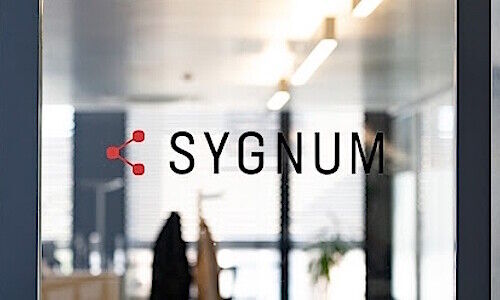Sygnum: DeFi and CeFi Not Mutually Exclusive
Decentralized finance is rapidly growing as a market that does not rely on intermediaries. Although centralized finance does rely on intermediaries, the two are not mutually exclusive, Sygnum co-founder Gerald Goh told finews.asia.
Decentralized finance (DeFi) is a system that enables activities like lending, borrowing or trading without relying on intermediaries such as brokerages, exchanges or banks, but instead leverages instruments like smart contracts to automate certain functions. In contrast, centralized finance (CeFI) provides the same utility via the usage of intermediaries.
«Many people tend to see DeFi and CeFi as mutually exclusive,» said Gerald Goh, co-founder and Singapore CEO of digital asset specialist Sygnum, in a conversation with finews.asia. «That cannot be further away from the truth.»
Regulatory Advantage
During a fintech conference by «Money 20/20» in April, Goh spoke on a panel about the disruptive potential of DeFI and how it is impacting financial inclusion as well as reshaping traditional banking and financial services. However, the panel also discussed challenges from an evolving regulatory landscape.
«While DeFi projects are known to be a source of innovation, they face increasing regulatory scrutiny,» Goh explained. «CeFi providers, on the other hand, have experience in navigating regulatory landscapes and they provide DeFi players with the governance structure and protection mechanisms needed to operate in the financial system.»
Asset Tokenization
Goh shared about some of the efforts underway at Sygnum that position it at the «convergence of DeFi and CeFi».
«We have been involved in projects such as real-world asset tokenization to reduce the number of intermediaries and leverage on smart contracts to create a more open, accessible and less restrictive financial system,» Goh said.
According to a report by InsightAce Analytic, the DeFI market has an estimated value of $20.2 billion in 2023 and is projected to reach $398.8 billion by 2031.
- finews.asia is an official media partner of Money20/20 ASIA.



























